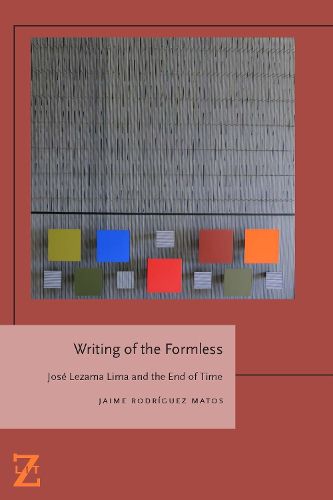Readings Newsletter
Become a Readings Member to make your shopping experience even easier.
Sign in or sign up for free!
You’re not far away from qualifying for FREE standard shipping within Australia
You’ve qualified for FREE standard shipping within Australia
The cart is loading…






In this book, Jaime Rodriguez Matos proposes the formless as a point of departure in thinking through the relationship between politics and time. Thinking through both literary and political writings around the Cuban Revolution, Rodriguez Matos explores the link between abstract symbolic procedures and various political experiments that have sought to give form to a principle of sovereignty based on the category of representation. In doing so, he proposes the formless as the limit of modern and contemporary reflections on the meaning of politics while exploring the philosophical consequences of a formless concept of temporality for the critique of metaphysics.
Rodriguez Matos takes the writing and thought of Jose Lezama Lima as the guiding thread in exploring the possibility of a politicity in which time is imagined beyond the disciplining functions it has had throughout the metaphysical tradition-a time of the absence of time, in which the absence of time no longer means eternity.
$9.00 standard shipping within Australia
FREE standard shipping within Australia for orders over $100.00
Express & International shipping calculated at checkout
Stock availability can be subject to change without notice. We recommend calling the shop or contacting our online team to check availability of low stock items. Please see our Shopping Online page for more details.
In this book, Jaime Rodriguez Matos proposes the formless as a point of departure in thinking through the relationship between politics and time. Thinking through both literary and political writings around the Cuban Revolution, Rodriguez Matos explores the link between abstract symbolic procedures and various political experiments that have sought to give form to a principle of sovereignty based on the category of representation. In doing so, he proposes the formless as the limit of modern and contemporary reflections on the meaning of politics while exploring the philosophical consequences of a formless concept of temporality for the critique of metaphysics.
Rodriguez Matos takes the writing and thought of Jose Lezama Lima as the guiding thread in exploring the possibility of a politicity in which time is imagined beyond the disciplining functions it has had throughout the metaphysical tradition-a time of the absence of time, in which the absence of time no longer means eternity.